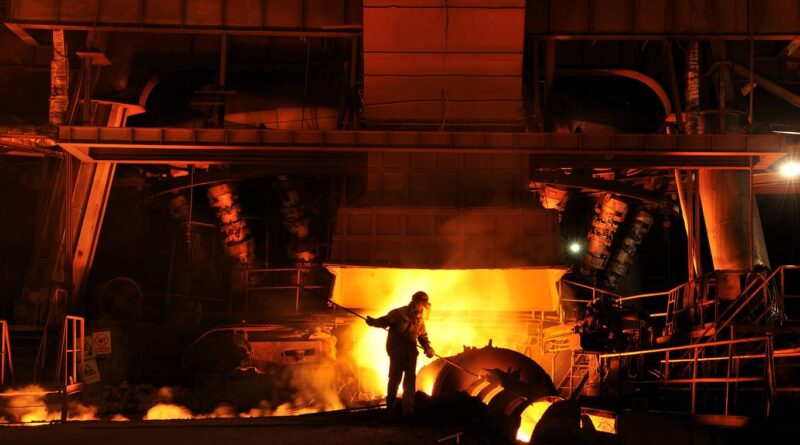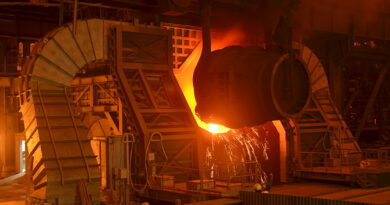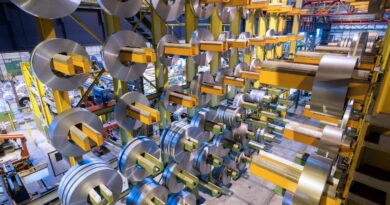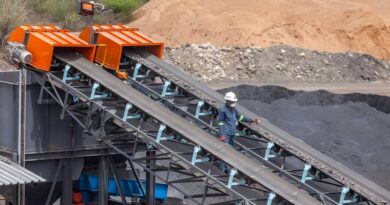Partnering with Bahrain Steel for sustainable steel
Steelmaking is considered one of the most energy-intensive industries in the world, with long-term, mutually beneficial relationships key to tackling this challenge – like the one between Anglo American and Bahrain Steel, a global leader in pelletising.
The partners are working to explore new ways of bringing product to market more efficiently, and recently signed a three-year agreement to convert (toll treat) up to two million tonnes of pellet feed annually from Minas-Rio mine in Brazil into high quality iron ore pellets.
The pellets are an important feedstock for direct reduction (DR) steelmaking, a technically-proven, hot production route for direct reduced iron (DRI) which, when paired with an electric arc furnace (EAF), has the lowest CO2 emissions of any commercially-proven steelmaking route.
DR steelmaking has an important role to play in addressing the industry’s decarbonisation challenges – in response to changing requirements, evolving emissions regulations and a drive for more sustainable investing, among other factors – while longer-term solutions, such as switching to a hydrogen-based production process, are explored.
The pellets can also be used in BF steel making, which today accounts for approximately two-thirds of total steel production. Courtesy of their high iron ore content (66%+), as well as their ability to transfer heat more effectively than other iron-based input materials, the pellets make this process more efficient.
The iron and steel sector directly accounts for 2.6 gigatonnes of carbon dioxide (CO2) emissions annually, seven per cent of the global total from the energy system. As countries worldwide seek to stimulate their economies following the prolonged impact of the Covid-19 pandemic, while at the same time reducing their carbon footprints, the availability of steel will be key to those endeavours.
Bahrain Steel, located in the Kingdom of Bahrain (Middle East), is a leading producer of high-grade iron-ore pellets. Its twin plants have a combined rated capacity of 12 million tonnes of pellets a year.




